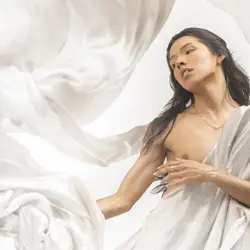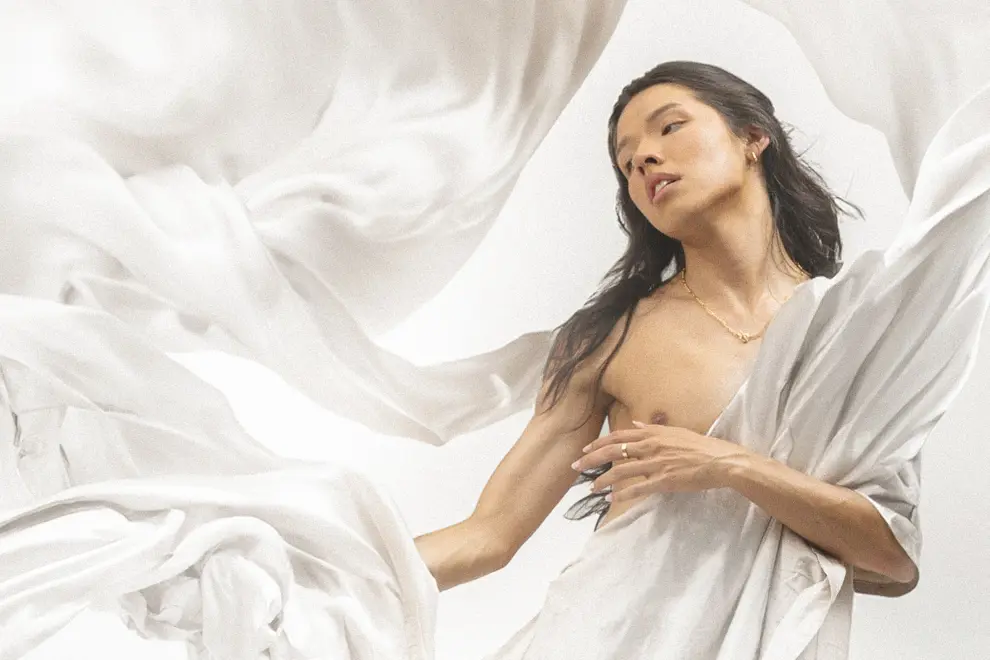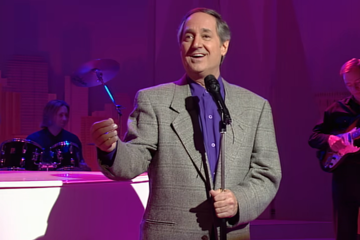 Robert Baxter
Robert BaxterRecently, during an interview to promote my EP, you wouldn't expect cupid to cry, I explained that I felt producing my own work was one of the easiest ways to complete my ideas. It's cost-effective and ensures total control over the sound.
The interviewer remarked that "the modern singer/songwriter is a producer too," and it all clicked for me. That's how an artist like me can make a song that feels completely my own, and why we have artists like Ariana Grande topping the Billboard Hot 100 and the Hot 100 Producers chart for her work on her new album.
For most, the days of being solely a singer/songwriter are gone. Unless they find themselves fortunate enough to attain significant success or secure backing from a label, they will have to diversify their revenue streams.
Aside from creating music and doing gigs as a musician, I have been the director, editor, choreographer, stylist, and HMUA [hair and makeup artist] on my own music videos. I've also modelled, danced, or acted in other people's music videos, shows, or ads and worked as a content creator, interviewer, host, and teacher, leading songwriting, dance, and social media workshops.
Don't miss a beat with our FREE daily newsletter
Doing these jobs fits into three categories: 1. I wanted to do it, 2. I did it because I didn’t have the funds to pay someone else to do it, or 3. I did it to fund my life and music career.
Sitting in category two, I started producing because I felt that was the most cost-effective way to build the sounds around the songs I had written. When I started, I usually wrote my songs on piano and then paired them with atmospheric minimal production. But I broke this pattern with blue, the first song I made for the EP.
For the first time, I moved toward an experimental alt-pop production with textures and beats that oscillate and create a semi-unexpected pattern. This is when I built confidence in my production abilities for the first time; I found another side to my sound.
Later in the EP creation process, I made kiss. By this point I’d found my groove and felt comfortable enough to start working with the UK garage samples, but still have the production feel fully original. Each track isn’t possible without the knowledge I gained from the one before it, and I want to continue learning more throughout my career.
There are maybe two cons of producing my own tracks: it takes time to become a great producer, and it can feel lonelier creating music with less human interaction. I think the pros are greater: I have complete creative control of the track, it feels 100% mine in the end, I can distribute my funds in other areas, and I am gaining an important skill and building my literacy as a producer for future collaborations.
I split the difference with this EP, working with long-time friend and collaborator Alex Garla (WHOISLEXI); he produced supernova, added extra production to blue and tied, and mixed the whole EP. This second perspective helped me to understand when I could call a song finished. The times when I worked with him in his home studio were so fun; they made me feel a little less alone in the feelings I was writing about.
When it comes to Ariana Grande, she is never lacking in resources, beats, and writers, but on her new album it was her writing most of the lyrics herself, and having the biggest hand in the production for her career to date. I think this feels more personal and relatable to us as listeners, knowing that while on other albums, there was a big team behind building the hits, this was just her and maybe 1 or 2 producer friends in a studio. It feels like we’re really being told a story person-to-person.
With the accessibility of technology, anyone can download Ableton, get some loops, and be a producer. Accessibility is so important, and hearing different stories and perspectives is so exciting, but I think because there are so many producers, it’s so important to want to put in your 10,000 hours and be a great one.
Producers, a lot of the time, are songwriters; even if they don’t sing, they create melodies of instruments that reflect the vocal melodies and really round out a song. I would say that the importance of the vocals, melodies, and lyrics is on par with the importance of the production.
That phrase “the modern singer/songwriter is a producer” rings true to me in so many ways - as people in the creative field, we are always pushed to participate in so many areas of the industry, whether by interest or pursuit of income. More and more as singer-songwriters, artists need to find a way to create their unique sound and stand out amongst a sea of millions of uploads, and sometimes that is going to be taking on the role of producer.
you wouldn’t expect cupid to cry is out now.
















